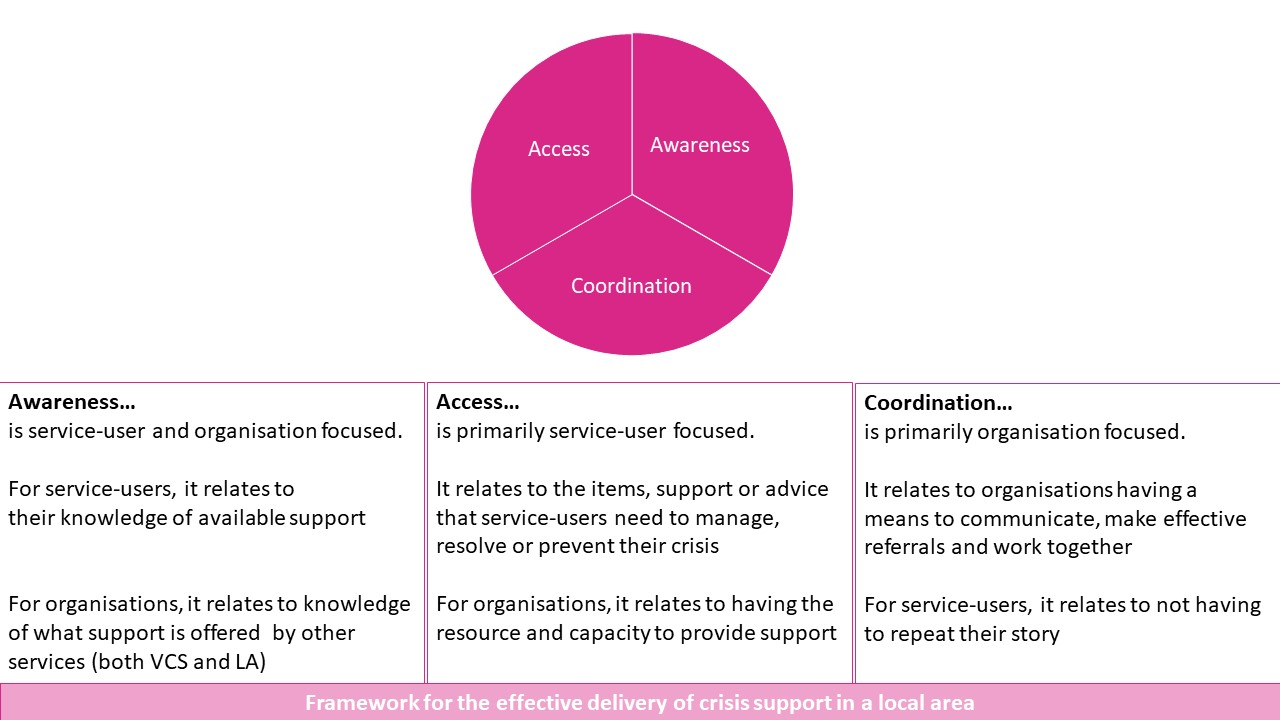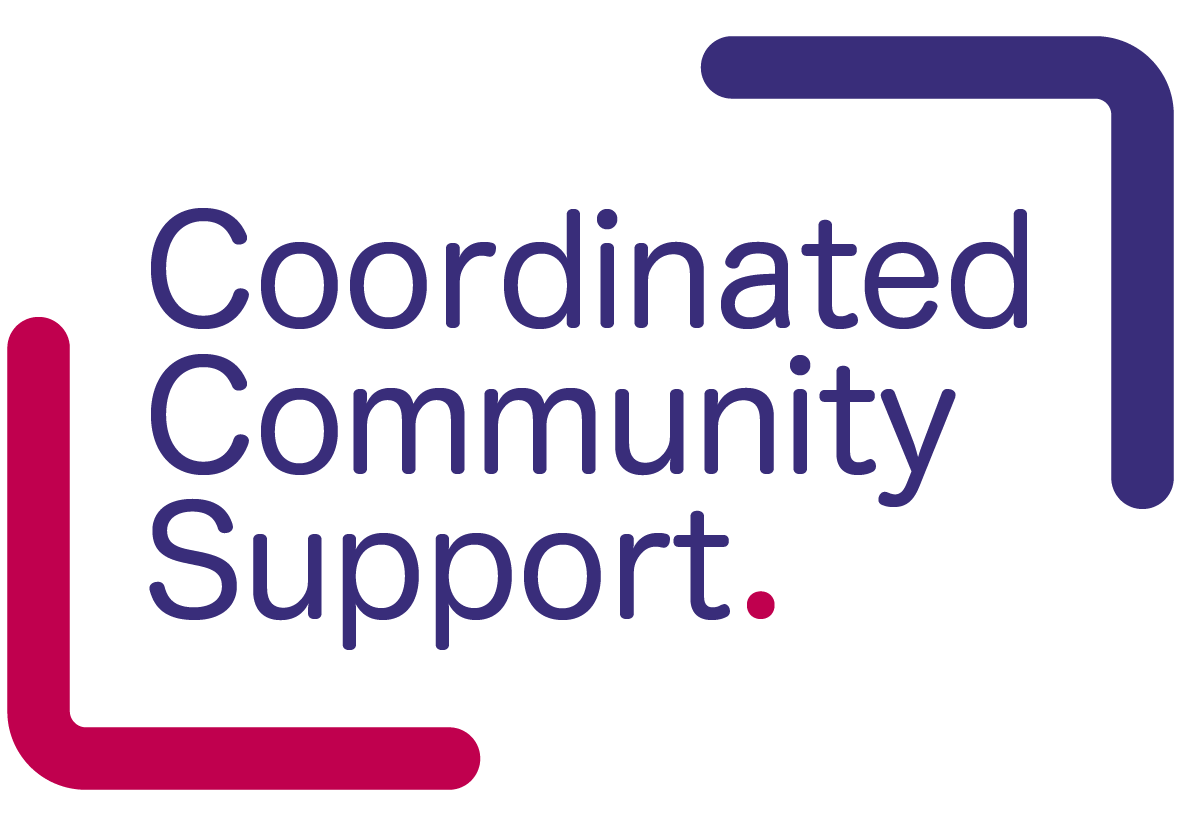What is the Coordinated Community Support Programme?
For too many people, the possibility of an acceptable standard of living is undermined by a financial crisis that puts their health and wellbeing at risk. This might include a need for emergency food or fuel, urgent need to replace broken white goods or furniture, or emergency travel or other utility expenses.
These needs are often addressed at a local level through local crisis support schemes. At their best, such schemes can both provide emergency relief and an opportunity to develop relationships with people in need of support. Not just resolving immediate crisis, but also helping to address underlying difficulties that lead to crises.
However, in many areas support is severely limited, and provision is frequently patchy, with both gaps and duplication. The incoherence of crisis support provision is illustrated in Linda, Mike and Casey’s story, from The Children’s Society’s recent “Not Making Ends Meet” report.
How does the programme work?
The Coordinated Community Support programme currently works with four local authority areas, piloting projects that provide the support, guidance and resources local community organisations need to better coordinate crisis provision in their community.
The programme is locally led, with day to day development led by community groups themselves, in consultation with the CCS programme. The programme team provide support with the development and delivery of coordination projects.

The Coordinated Community Support Programme is being piloted in four local areas:
In these areas we are working in with the local council and community stakeholders who are engaged in the delivery and coordination of crisis support to:
- Improve access to crisis support schemes
- Create a simpler, supported, application process
- Address underlying needs to prevent the recurrence of crisis
- Provide aftercare
- Commit to ongoing learning
What this means
Improving access to crisis support schemes
Too often people 'bounce around' between different services trying, but failing, to access crisis support.
The coordinated community support programme tackles this by increasing the accessibility to local crisis support provision for those who need it, and by supporting local services to directly help people accessing crisis support – rather than just signposting them on to another organisation.
A simpler, supported, application process
When people do find out about the support available, making an application can be challenging. Requests can involve filling out lengthy and confusing forms, providing a large amount of evidence and waiting an often-unspecified amount of time to hear the outcome.
Addressing underlying needs to prevent the recurrence of crisis
Service users shouldn’t just be supported to address the immediate crisis, but to address the causes of crisis and prevent recurrence.
To do this staff need training and they need time. This enables them to work with service users to understand why they reached crisis point and identify what support would be needed to prevent recurrence. A warm referral can then be made to other appropriate services.
Providing aftercare
The Children’s Society’s 'Not Making Ends Meet' research into crisis support provision in England found that families valued aftercare and that effective aftercare made an important difference to long term outcomes.
A commitment to ongoing learning
Each local project will differ depending on their context and the priorities. This gives the opportunity to test different approaches and to learn from outcomes across the country, and allows the programme to make changes to schemes as it develops. Learning will be shared amongst VCS organisations and Local Authorities in all pilot areas, in addition to a wider network of partner local authorities across the country.
10 steps of the Coordinated Community Support programme
- Creating a network of local organisations working together to deliver better coordinated crisis support provision in the local area
- Mapping of the needs and provisions within the local area, any gaps in the services and projects needed for children, families and individuals to flourish.
- Training staff in community organisations on what crisis support is available locally, and how to access it.
- Raising awareness of what local support is available – locally and nationally, including the Local Welfare Assistance scheme.
- Cross organisational work led by the local organisations to improve and simplify local crisis support application processes.
- Creating a warm referral network with effective data sharing. This will enable those accessing crisis support to be referred to organisations that can help address a range of difficulties which may contribute to the recurrence of crisis.
- Supporting organisations to identify and respond to underlying issues which may contribute to the recurrence of crisis.
- Follow up with people receiving support to ensure they got the support they needed they are not facing a crisis.
- Providing an opportunity for service users to speak about the causes of crisis and the response they received, so we can improve responses in the future.
- Sharing learning from service providers and services with community organisations across the country to encourage them to work in community groups and establish effective crisis support schemes of their own.
